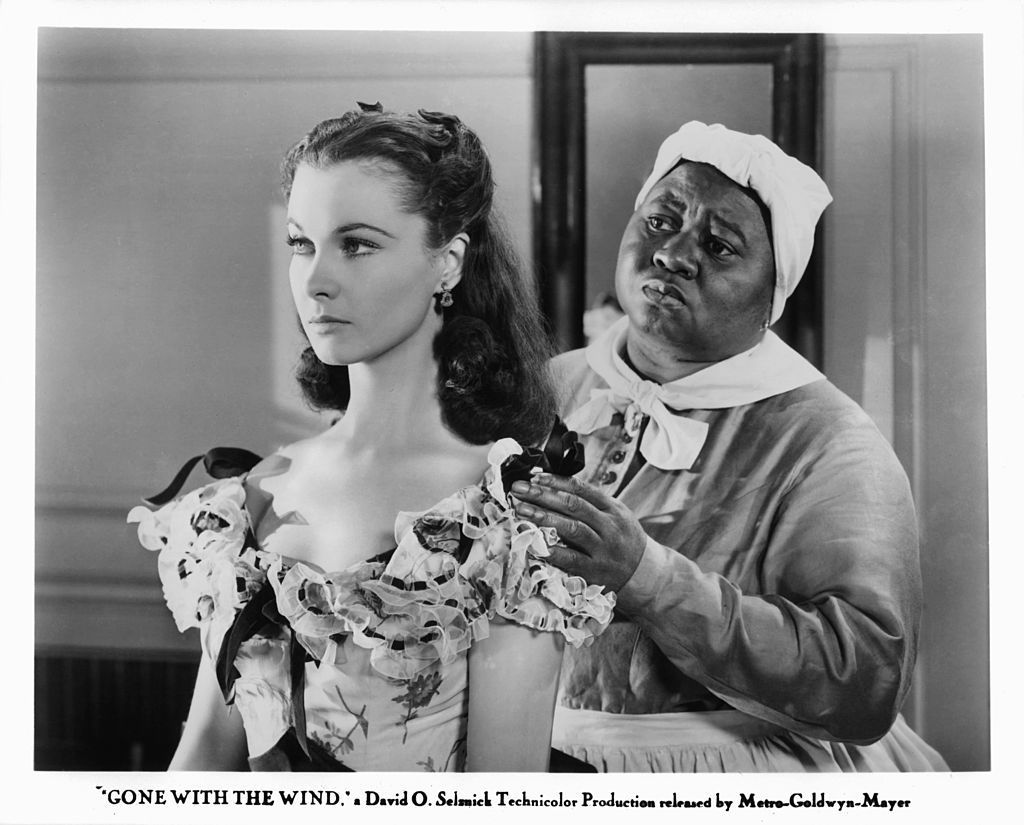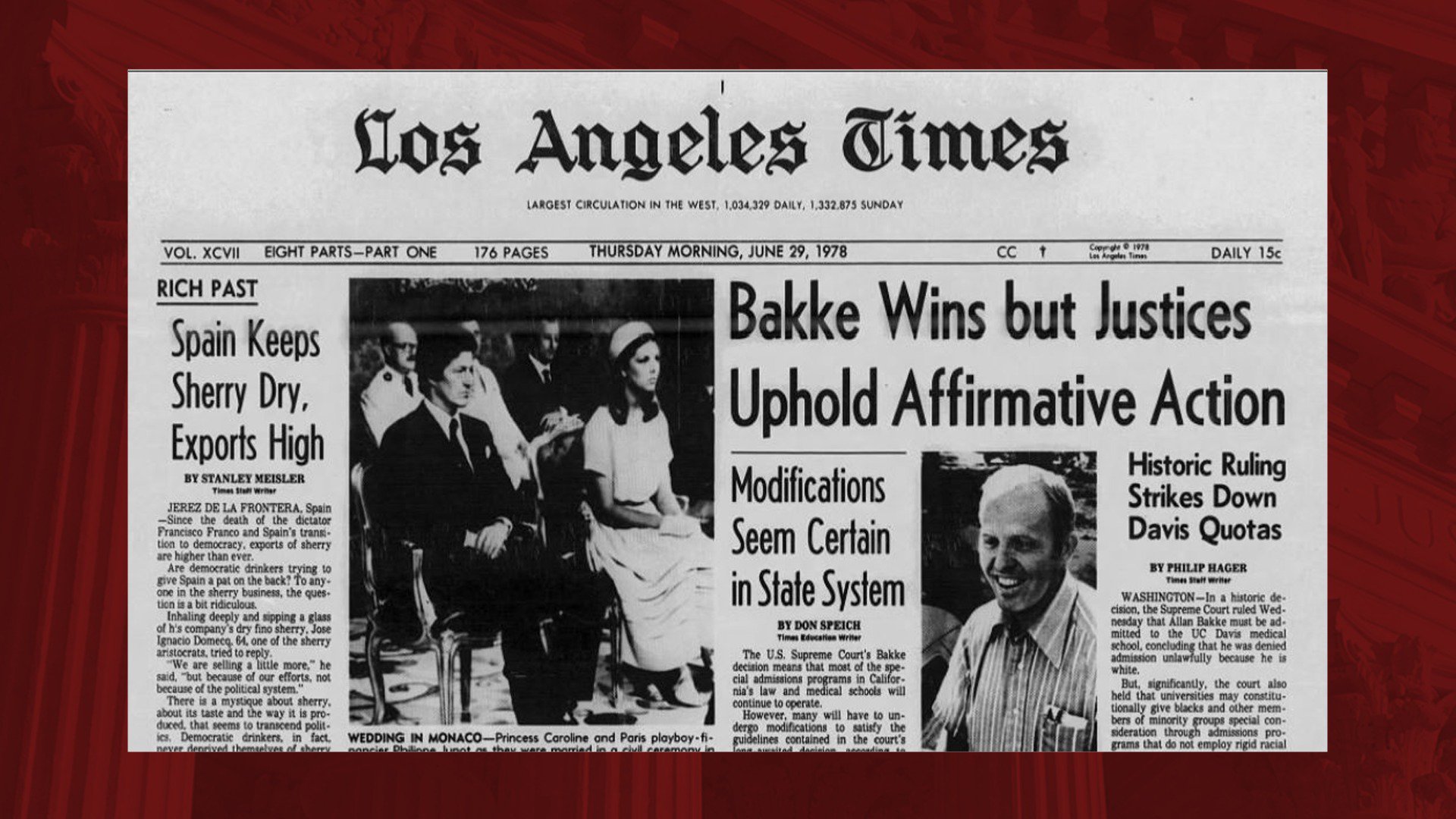Gone with the Wind, a classic American film released in 1939, is primarily a historical romance and drama set during the American Civil War and Reconstruction era. The movie displays a high cultural relevance and is still making an impact today.
The film opens to a plantation; a plantation that displayed the everyday lifestyle of Southerner’s during this pre-Civil War South time. More so, the audience is immediately inserted into the dominance of the South, showcasing lavish plantations, grand parties, and certain cultural and gender norms of the time. Here, we are also introduced to Scarlett, a plantation owners’ daughter, who is ultimately used to getting what she wants.
Scarlett is a complex character in the movie. Her evolution throughout the movie doesn’t only reflect her own personal growth, but the society of women during the Civil War.
In the tumult of the war, Scarlett goes from being a sheltered, selfish Southern belle to becoming more resourceful and determined. For example, in the movie, at the beginning of the war, Scarlett is completely fixated on Ashley Wilkes, who she believes she is in love with. When she finds out he is already engaged to Melanie, she becomes desperate and does everything and anything to try and charm him over. This displays that her only concern is her social status and appearance. Nothing going on around her seems to be important other than these romantic aspirations in which she wishes to continue to pursue.
Fast forward to the end of the war, when Scarlett is able to return home, she see’s the struggle in her family and how her circumstances have now changed. A pivotal moment, marking a shift in her character is when she declares, “As God is my witness, I’ll never be hungry again!” Scarlett is resilient. She is no longer the young girl who was occupied with romance, yet she takes on the responsibility to rebuild her life and provide for her family.
Women had the opportunity to take a step outside their traditional roles. The Civil War, and many other conflicts during the time, gave women the ability to take on a role outside their comfort zone. With the men gone to do the at-home work, women stepped up in agriculture, business, and sometimes even nursing. These experiences gave women a sense of independence. Women became indispensable to the war efforts, as they were able to continuously prove their capabilities ranging from being in the fields to being in the hospitals.
Other conflicts that also brought women outside their traditional roles were World War’s I and II. There was a great amount of shift in both societal norms and gender roles, which ultimately led to the call for change and social equality.
I think that Gone with the Wind will always be remarked as a significant piece of work for centuries to come. The main character, Scarlett, truly embodies the struggles that women faced in a society where men were always seen prevalent. Most importantly though, Scarlett adapted and embraced her independence, which gives more women the confidence to do the same. Overall, this movie was very accurate in its storytelling and time periods, and its visual effects made
the movie an intriguing watch for the audience. I believe
this movie will continue to make an impact with its
ongoing fight for equality through the journey and
eyes of Scarlett.






No comments:
Post a Comment